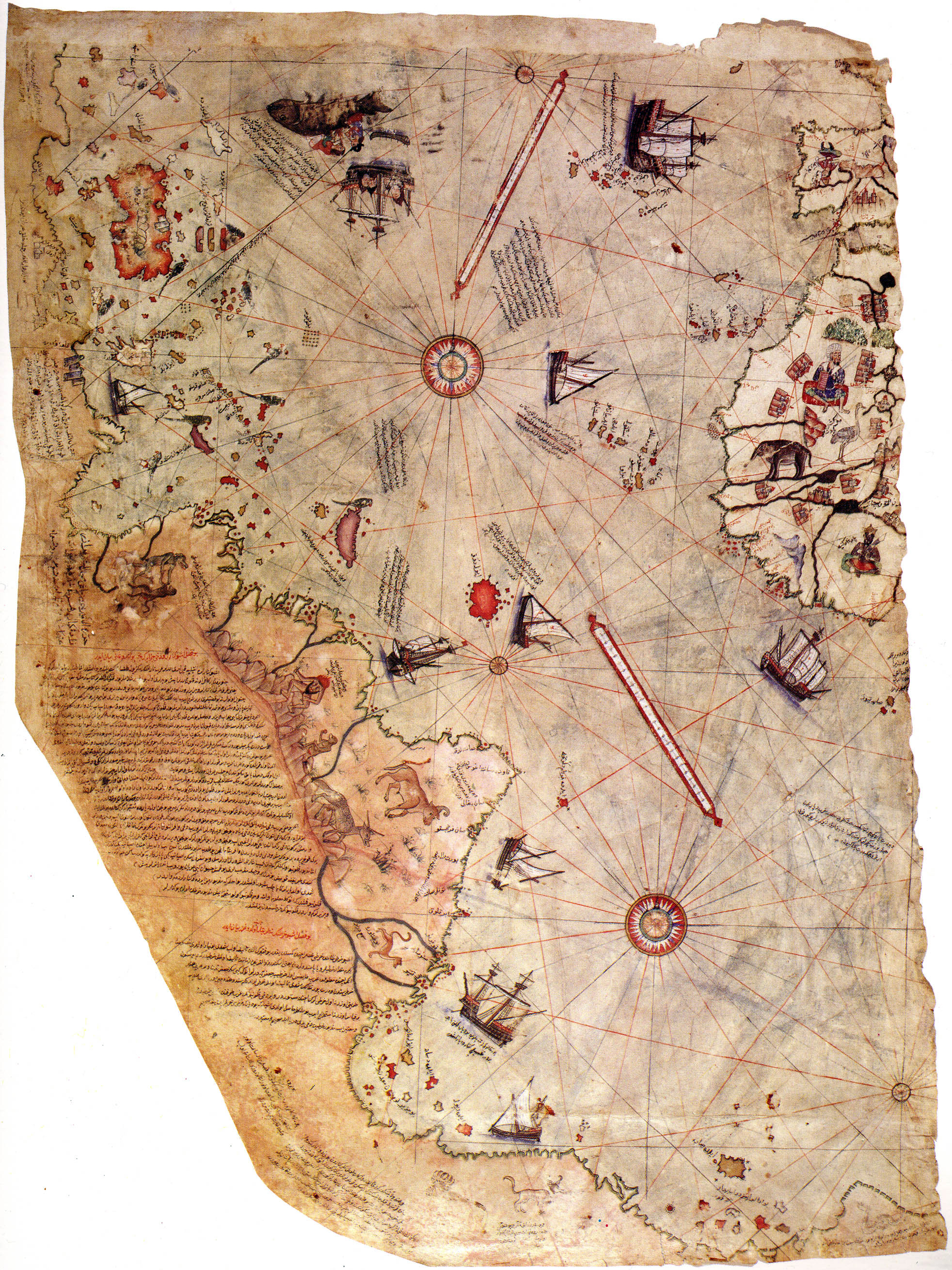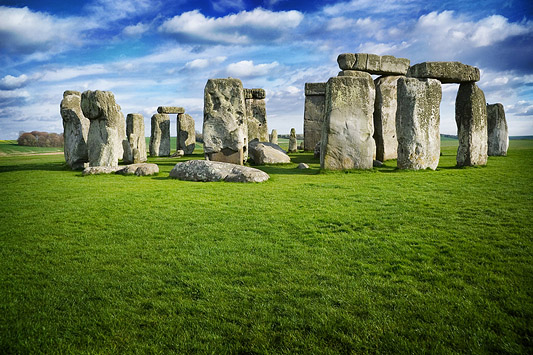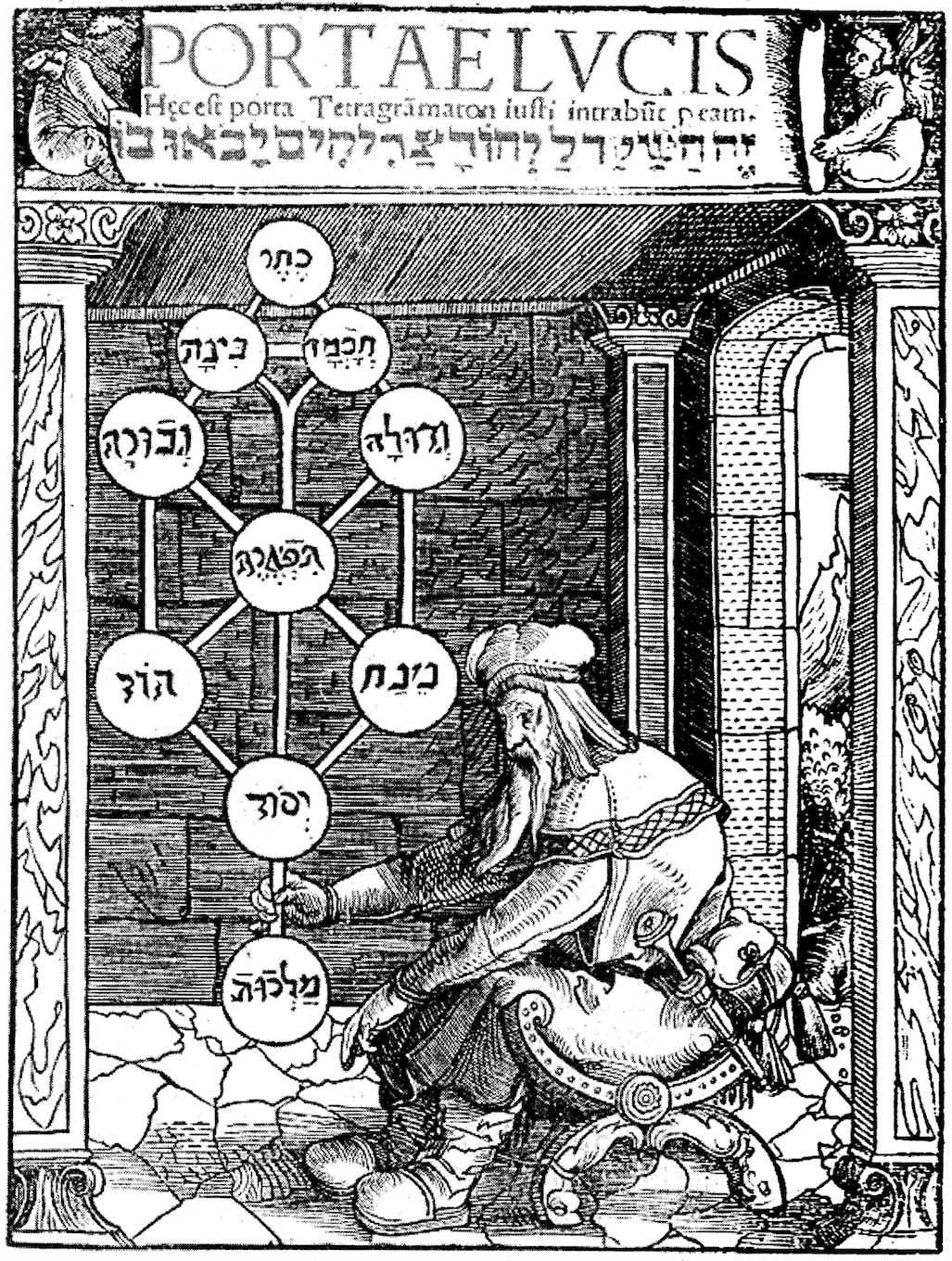|
Pseudoarchaeology
Pseudoarchaeology (sometimes called fringe or alternative archaeology) consists of attempts to study, interpret, or teach about the subject-matter of archaeology while rejecting, ignoring, or misunderstanding the accepted Scientific method, data-gathering and analytical methods of the discipline.Pseudoarchaeology#FagFed06, Fagan and Feder 2006. p. 720. These pseudoscience, pseudoscientific interpretations involve the use of artifacts, sites or materials to construct scientifically insubstantial theories to strengthen the pseudoarchaeologists' claims. Methods include exaggeration of evidence, dramatic or romanticized conclusions, use of fallacy, fallacious arguments, and fabrication of evidence. There is no unified pseudoarchaeological theory or method, but rather many different interpretations of the past which are jointly at odds with those developed by the scientific community as well as with each other. These include religious philosophies such as creationism or "creation scie ... [...More Info...] [...Related Items...] OR: [Wikipedia] [Google] [Baidu] |
Ancient Astronauts
Ancient astronauts (or ancient aliens) refers to a Pseudoscience, pseudoscientific set of beliefs that hold that Extraterrestrial intelligence, intelligent Extraterrestrial life, extraterrestrial beings (alien astronauts) visited Earth and made contact with humans in Ancient history, antiquity and Prehistory, prehistoric times. Proponents of the theory suggest that this contact influenced the development of modern cultures, technologies, religions, and human biology. A common position is that Deity, deities from most (if not all) religions are extraterrestrial in origin, and that advanced technologies brought to Earth by ancient astronauts were interpreted as evidence of divine status by early humans. The idea that ancient astronauts existed and visited Earth is not taken seriously by academics and Archaeology, archaeologists, who identify such claims as Pseudoarchaeology, pseudoarchaeological or unscientific. It has received no credible attention in peer review, peer-reviewe ... [...More Info...] [...Related Items...] OR: [Wikipedia] [Google] [Baidu] |
Archaeology
Archaeology or archeology is the study of human activity through the recovery and analysis of material culture. The archaeological record consists of Artifact (archaeology), artifacts, architecture, biofact (archaeology), biofacts or ecofacts, archaeological site, sites, and cultural landscapes. Archaeology can be considered both a social science and a branch of the humanities. It is usually considered an independent academic discipline, but may also be classified as part of anthropology (in North America – the four-field approach), history or geography. The discipline involves Survey (archaeology), surveying, Archaeological excavation, excavation, and eventually Post excavation, analysis of data collected, to learn more about the past. In broad scope, archaeology relies on cross-disciplinary research. Archaeologists study human prehistory and history, from the development of the first stone tools at Lomekwi in East Africa 3.3 million years ago up until recent decades. A ... [...More Info...] [...Related Items...] OR: [Wikipedia] [Google] [Baidu] |
Graham Hancock
Graham Bruce Hancock (born 2 August 1950) is a British journalist and author who promotes pseudoscientific ideas about ancient civilizations and hypothetical lost lands. Hancock proposes that an advanced civilization with spiritual technology existed during the last Ice Age until it was destroyed following comet impacts around 12,900 years ago at the onset of the Younger Dryas. He speculates that survivors of this cataclysm passed on their knowledge to primitive hunter-gatherers around the world, giving rise to all the earliest known civilizations (such as ancient Egypt, Sumer, and Mesoamerica). Born in Edinburgh, Hancock studied sociology at Durham University before working as a journalist, writing for a number of British newspapers and magazines. His first three books dealt with international development, including ''Lords of Poverty'' (1989), a well-received critique of corruption in the aid system. Beginning with '' The Sign and the Seal'' in 1992, he shifted focus to ... [...More Info...] [...Related Items...] OR: [Wikipedia] [Google] [Baidu] |
Fingerprints Of The Gods
''Fingerprints of the Gods: The Evidence of Earth's Lost Civilization'' is a 1995 pseudoarcheology book by British writer Graham Hancock. It contends that an advanced civilization existed on Antarctica during the last ice age, until the continent supposedly suddenly shifted south to its current position. The author proposes that survivors of this cataclysm passed on their profound knowledge to cultures around the world, giving rise to the earliest known civilizations. The idea is a form of hyperdiffusionism that is largely based on the work of Ignatius L. Donnelly and Charles Hapgood. The book was followed by '' Magicians of the Gods''. Thesis Hancock argues for a civilisation centered on Antarctica (which lay farther from the South Pole than today) that supposedly left evidence (the "fingerprints" of the title) in Ancient Egypt and American civilisations such as the Olmec, Aztec and Maya. Hancock discusses: * creation myths describing deities like: ** Osiris, Thoth (Egy ... [...More Info...] [...Related Items...] OR: [Wikipedia] [Google] [Baidu] |
Pyramidology
Pyramidology (or pyramidism) refers to various religion, religious or pseudoscience, pseudoscientific speculations regarding pyramids, most often the Giza pyramid complex and the Great Pyramid of Giza in Egypt.Martin Gardner, ''Fads and Fallacies in the Name of Science'', Dover, 1957; a reprint of ''In the Name of Science'', G. P. Putnam's Sons, 1952. Some "pyramidologists" also concern themselves with the monumental structures of pre-Columbian the Americas, America (such as Teotihuacan, the Mesoamerican Maya civilization, and the Inca of the South American Andes), and the temples of Southeast Asia. Some pyramidologists claim that the Great Pyramid of Giza has encoded within it predictions for the Exodus of the Hebrews from Egypt,Capt, E. Raymond ''The Great Pyramid Decoded'' Artisan Publishers (June 1978) pp. 76–78 the crucifixion of Jesus, the start of World War I, the founding of modern-day Israel in 1948, and future events including the beginning of Armageddon; this was d ... [...More Info...] [...Related Items...] OR: [Wikipedia] [Google] [Baidu] |
British Israelites
British Israelism (also called Anglo-Israelism) is a pseudo-historical belief that the people of Great Britain are "genetically, racially, and linguistically the direct descendants" of the Ten Lost Tribes of ancient Israel. With roots in the 16th century, British Israelism was inspired by several 19th century English writings such as John Wilson's 1840 ''Our Israelitish Origin''. From the 1870s onward, numerous independent British Israelite organizations were set up throughout the British Empire as well as in the United States; as of the early 21st century, a number of these organizations are still active. In the United States, the idea gave rise to the Christian Identity movement. The central tenets of British Israelism have been refuted by archaeological, ethnological, genetic, and linguistic research. History Earliest recorded expressions According to Brackney (2012) and Fine (2015), the French Huguenot magistrate M. le Loyer's ''The Ten Lost Tribes'', published in 1590 ... [...More Info...] [...Related Items...] OR: [Wikipedia] [Google] [Baidu] |
Archaeocryptography
Archaeocryptography (from Greek , ''arkhaios'', "ancient" and (''kruptós''), "hidden, secret"; and (''graphein''), "to write") is the attempt to decode an ancient monument or structure by supposing an underlying mathematical order beneath the proportions, size, and placement to find any re-occurring or unusual data in respect to that which is being studied, or within another monument or structure. Archaeocryptography is not a recognized branch of archaeology or of any other academic discipline. It is an example of pseudoscience or pseudoarchaeology that employs contrived calculations involving many free parameters to achieve an impressive-looking result. Description The word ''archaeocryptography'' is derived from ''archaeology'', which is the study of human activity in the past, and ''cryptography'', which is the study of techniques for secure communication in the presence of third parties. Methods Archaeocryptologists try to find underlying correlations with respect t ... [...More Info...] [...Related Items...] OR: [Wikipedia] [Google] [Baidu] |
Mayanism
Mayanism is a non-codified eclectic collection of New Age beliefs, influenced in part by Pre-Columbian Maya mythology and some folk beliefs of the modern Maya peoples. Contemporary Mayanism places less emphasis on contacts between the ancient Maya and lost lands than in the work of early writers such as Godfrey Higgins, Charles Étienne Brasseur de Bourbourg and Augustus Le Plongeon, alluding instead to possible contacts with extraterrestrial life. However, it continues to include references to Atlantis. Notions about extraterrestrial influence on the Maya can be traced to the book '' Chariots of the Gods?'' by Erich von Däniken, whose ancient astronaut theories were in turn influenced by the work of Peter Kolosimo and especially the team of Jacques Bergier and Louis Pauwels, authors of '' Le Matin des magiciens''. These latter writers were inspired by the fantasy literature of H. P. Lovecraft and publications by Charles Fort. However, there remain elements of fascinat ... [...More Info...] [...Related Items...] OR: [Wikipedia] [Google] [Baidu] |
Theosophy (Blavatskian)
Theosophy is a religious movement established in the United States in the late 19th century. Founded primarily by the Russian Helena Blavatsky and based largely on her writings, it draws heavily from both older European philosophies such as Neoplatonism and Indian religions such as Hinduism and Buddhism. Although many adherents maintain that Theosophy is not a religion, it is variably categorized by religious scholars as both a new religious movement and a form of occultism from within Western esotericism. As presented by Blavatsky, Theosophy teaches that there is an ancient and secretive brotherhood of spiritual adepts known as the Masters, who are found around the world but primarily centered in Tibet. These Masters were alleged by Blavatsky to have cultivated great wisdom and supernatural powers, and Theosophists believe they initiated the modern Theosophical movement through disseminating their teachings via Blavatsky. Theosophists believe that these Masters are attemp ... [...More Info...] [...Related Items...] OR: [Wikipedia] [Google] [Baidu] |
Chariots Of The Gods?
''Chariots of the Gods? Unsolved Mysteries of the Past'' () is a book written in 1968 by Erich von Däniken and translated from the original German by Michael Heron. It involves the hypothesis that the technologies and religions of many ancient civilizations were given to them by ancient astronauts who were welcomed as gods. The first draft of the publication had been rejected by a variety of publishers. The book was extensively rewritten by its editor, Wilhelm Roggersdorf (a pen name of the German screenwriter Wilhelm Utermann). Citing ''Der Spiegel,'' in issue 12/1969 (March 17, 1969), p. 184 and issue 12/1973 (March 19, 1973), p. 145. Summary The main thesis of ''Chariots of the Gods'' is that extraterrestrial beings influenced ancient technology. Von Däniken suggests that some ancient structures and artifacts appear to reflect more sophisticated technological knowledge than is known or presumed to have existed at the times they were manufactured. Von Däniken maintains ... [...More Info...] [...Related Items...] OR: [Wikipedia] [Google] [Baidu] |
Western Esotericism
Western esotericism, also known as the Western mystery tradition, is a wide range of loosely related ideas and movements that developed within Western society. These ideas and currents are united since they are largely distinct both from orthodox Judeo-Christian, Judeo-Christian religion and Age of Enlightenment rationalism. It has influenced, or contributed to, various forms of Western philosophy, mysticism, Western religions, religion, science, pseudoscience, Western art history, art, Western literature, literature, and Western culture#Music, music. The idea of grouping a wide range of Western traditions and philosophies together under the term ''esotericism'' developed in 17th-century Europe. Various academics have debated numerous definitions of Western esotericism. One view adopts a definition from certain esotericist schools of thought themselves, treating "esotericism" as a perennial philosophy, perennial hidden inner tradition. A second perspective sees esotericism as a ... [...More Info...] [...Related Items...] OR: [Wikipedia] [Google] [Baidu] |








